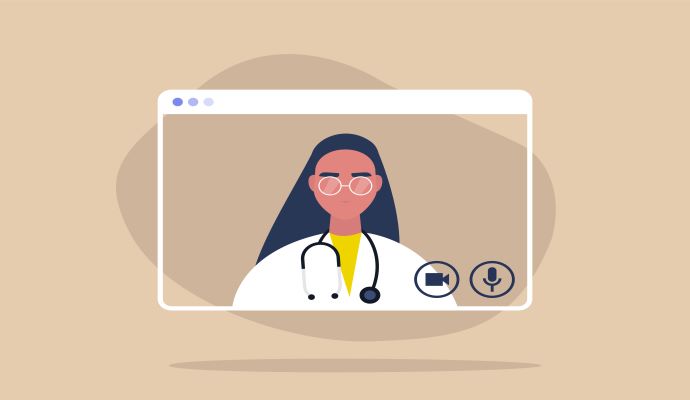$2M Grant to Support Telehealth Implementation in Rural Alabama
The grant will fund an initiative to expand healthcare access in rural areas by implementing telehealth stations across the state.

Source: Getty Images
- Using a $2 million grant, Auburn University will spearhead a rural healthcare access initiative to install telehealth stations across rural Alabama.
Provided by the Alabama State Department of Finance, the grant will fund the expansion of Auburn University’s telehealth-based healthcare access model to combat health disparities. The model was first launched in Chambers County, Alabama, in February 2023 by Auburn University Outreach in collaboration with the colleges of Pharmacy, Nursing, Human Sciences, and the Alabama Cooperative Extension System. It involves setting up a telehealth station outfitted with technology from virtual care company OnMed, where patients can connect with licensed Auburn clinicians in real time.
The university will use the grant to replicate this model across the state. It will select areas to implement the station based on community needs, including accessibility limitations, availability of facilities, and health factor and outcome rankings,
“The funds provided by the Alabama Department of Finance through ARPA [American Rescue Plan Act of 2021] will enable us to work toward our goal of equitable health care access across rural Alabama,” said Royrickers Cook, vice president for university outreach and associate provost of Auburn University, in the press release. “The center we’ve established in Chambers County collaboratively with the Alabama Cooperative Extension System, other colleges across campus and Chambers County community members and leaders enabled us to refine a model to replicate in these underserved areas throughout the Black Belt. We are especially enthusiastic about the opportunity to partner with other universities and health care service providers to deliver high-quality health care and health education to our neighbors.”
Auburn University’s faculty and students from health-related disciplines will deliver education and health services tailored to each community. Services include COVID-19 and infectious diseases testing and vaccinations, speech and hearing evaluations, maternal health education, nutrition planning, and diabetes, asthma, and medication management.
“Health services in rural environments have a profound impact on the well-being and quality of life of residents,” said Linda Gibson-Young, PhD, a nursing professor, outreach coordinator, and the initiative’s health services director, in the press release. “This model adds accessible and high-quality health care to improve health outcomes by addressing preventive care, early intervention and management of chronic conditions.”
The funds from the Alabama State Department of Finance will support not only telehealth station installation and leasing but also staffing, health and wellness programming, community engagement, program promotion, and project administration. But, the communities selected for the initiative must make necessary facility improvements and take on internet and utility expenses.
Internet connectivity is one of the main barriers to telehealth adoption and use in rural areas.
For instance, research published earlier this year shows that rural residents were just as likely as their urban counterparts to own and utilize digital health tools. However, they were less likely to use them to connect with healthcare providers due to a lack of reliable internet access.
The researchers stated that research into differences in broadband access and developing “low connectivity” apps would be critical for closing technology access disparities.
Expanding broadband infrastructure in rural areas and increasing access to telehealth technology can help save millions in healthcare costs, according to a report published in April 2023.
The Southern Rural Black Women's Initiative for Economic and Social Justice report examined the most common health issues in 10 counties in rural Alabama, Georgia, and Mississippi. The authors also modeled cost savings that could result from expanded telehealth access made possible by improved internet connectivity.
They found that healthcare cost savings from telehealth interventions could total almost $43 million annually.
